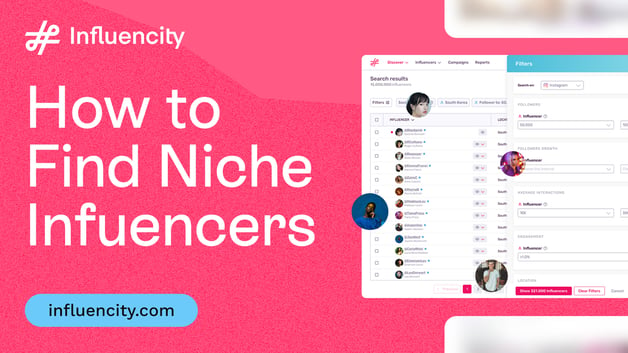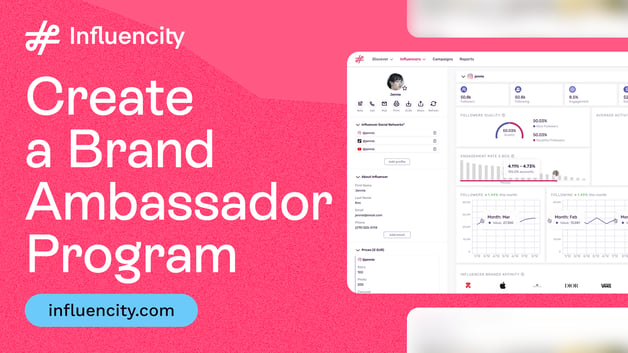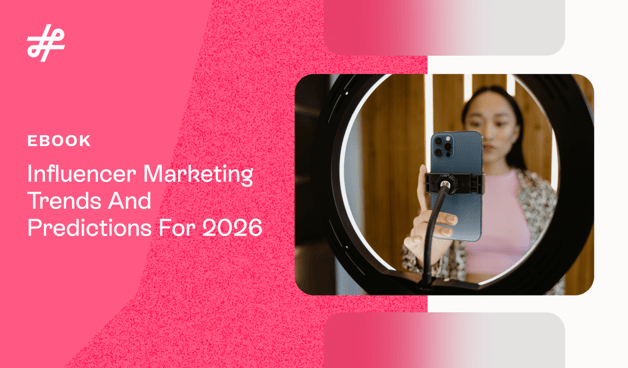What Is an Influencer Marketplace? Benefits and Challenges
Influencer marketing has become a powerful tool for brands looking to connect with their target audiences and achieve their marketing goals. However, navigating the complex world of influencer partnerships can be time-consuming and challenging. This is where influencer marketplaces emerge, offering a streamlined and efficient solution for both brands and influencers.
This article delves into the concept of influencer marketplaces, exploring how they bridge the gap between brands and influencers. We'll examine the significant benefits these platforms offer, including streamlined influencer discovery and recruitment, increased efficiency and transparency, and enhanced influencer relationship management. We'll also address the challenges associated with influencer marketplaces, such as increased competition among influencers, varying pricing structures, and concerns regarding authenticity and brand fit. By understanding both the advantages and disadvantages, brands can navigate influencer marketplaces effectively and leverage them for successful influencer partnerships.
What Is an Influencer Marketplace?
An influencer marketplace is an online platform that acts as a bridge between brands and influencers. It provides a centralized space for brands to discover, connect with, and collaborate with relevant influencers across various social media platforms.
Influencer marketplaces can also offer:
- Advanced search filters to help brands find influencers based on specific criteria like demographics, follower count, engagement rates, and niche expertise.
- Campaign management tools to streamline communication, track progress, and measure the effectiveness of influencer collaborations.
- Data and analytics to provide insights into audience demographics, campaign performance, and influencer effectiveness.
Ultimately, by aggregating a wide range of influencers in one place, these marketplaces offer a streamlined solution for brands seeking to enhance their online presence through influencer marketing and generate ROI with their campaigns.
The Benefits of Using an Influencer Marketplace
Let’s take a deeper dive into the benefits of using an influencer marketplace:
- Streamlined influencer discovery. One of the most significant advantages of using an influencer marketplace is the access it provides to a vast and diverse pool of influencers. Brands can leverage advanced search filters based on demographics, audience interests, and engagement metrics to identify influencers who perfectly align with their target audience and brand values. This diversity allows brands to find the perfect match for their campaigns without the need for manual outreach and vetting.
- Time and resource efficiency. Influencer marketplaces streamline the process of influencer recruitment, saving brands considerable time and resources. Brands can access detailed information about influencer profiles, including audience demographics, engagement rates, and past collaborations. This allows for informed decision-making when selecting influencers and negotiating campaign terms.
- Enhanced influencer relationship management. Many influencer marketplaces provide built-in communication channels and project management tools, facilitating seamless collaboration between brands and influencers. These influencer relationship management tools streamline communication, track campaign progress, and ensure clear expectations and deliverables throughout the partnership.
- Performance tracking. Many influencer marketplaces offer analytics and tracking tools that enable brands to monitor the performance of their campaigns in real time. This data-driven approach allows for more informed decision-making and the ability to adjust strategies for optimal results.
- Simplified collaboration. Finally, through an influencer marketplace, brands can manage multiple influencer collaborations in one centralized location. This simplification of influencer relationship management enhances communication and coordination, leading to more successful campaigns.
The Challenges of Influencer Marketplaces
While the benefits of using an influencer marketplace are clear, there are several challenges that brands must consider to fully leverage these platforms.
- Increased competition among influencers. The accessibility of influencer marketplaces has led to increased competition among influencers, making it harder for emerging influencers to stand out. For brands, this means a more extensive selection process to find influencers who not only align with their brand values but also offer genuine engagement and influence.
- Varying pricing structures. Pricing in influencer marketplaces can vary widely, with influencers setting their rates based on their perceived value and reach. In addition, while some marketplaces offer standardized pricing, others may have a more flexible approach, leading to potential inconsistencies and challenges in comparing influencer fees across different platforms. This variation can make budgeting for campaigns challenging and requires brands to negotiate to ensure fair pricing that aligns with campaign goals.
- Concerns regarding authenticity and brand fit. Finding influencers who genuinely resonate with a brand’s values and aesthetics is crucial for the authenticity of the campaign. However, the range of choices in an influencer marketplace can make it challenging to vet influencers thoroughly, raising concerns about brand fit and the authenticity of the influencer’s engagement with their audience. This can lead to inauthentic partnerships that fail to resonate with target audiences and negatively impact brand image.
- Lack of personalization. While marketplaces offer efficient solutions, they may lack the level of personalization and relationship-building possible through direct outreach to individual influencers. Brands may miss out on the opportunity to develop deeper connections and understand the nuances of influencer personalities and their audiences.
- Quality control. Finally, as with any open platform, the quality of influencers within a marketplace can vary significantly. Brands must dedicate time to vetting potential partners to ensure they maintain high standards of content quality and professionalism.
Navigating Influencer Marketplaces Effectively
Despite the challenges, influencer marketplaces offer significant benefits for brands looking to leverage the power of influencer marketing.
Here are some key strategies to ensure success:
- Clearly define your campaign goals and target audience. Having a clear understanding of your objectives and target demographics will guide your influencer selection process and ensure you find the right partners to achieve your desired outcomes.
- Prioritize authenticity and brand alignment. Go beyond follower count and engagement metrics. Look for influencers who genuinely resonate with your brand values and whose content aligns with your target audience's interests and preferences.
- Build relationships. While marketplaces offer efficient communication tools, don't underestimate the value of establishing personal connections with potential partners. Engage in conversations, understand their content creation process, and ensure a collaborative and mutually beneficial partnership.
- Use data and analytics. Leverage the data and insights provided by marketplaces to track campaign performance and measure the return on investment. This data can inform future influencer selection and campaign optimization strategies.
Ultimately, influencer marketplaces can be a powerful tool for brands looking to harness the influence of social media personalities in their marketing strategies. However, to truly capitalize on the benefits of these platforms, brands must be mindful of the challenges, including increased competition, pricing variations, and the need for authenticity. With a strategic approach to influencer marketing, brands can navigate these challenges and build successful, impactful campaigns that resonate with their target audience.
Tags:



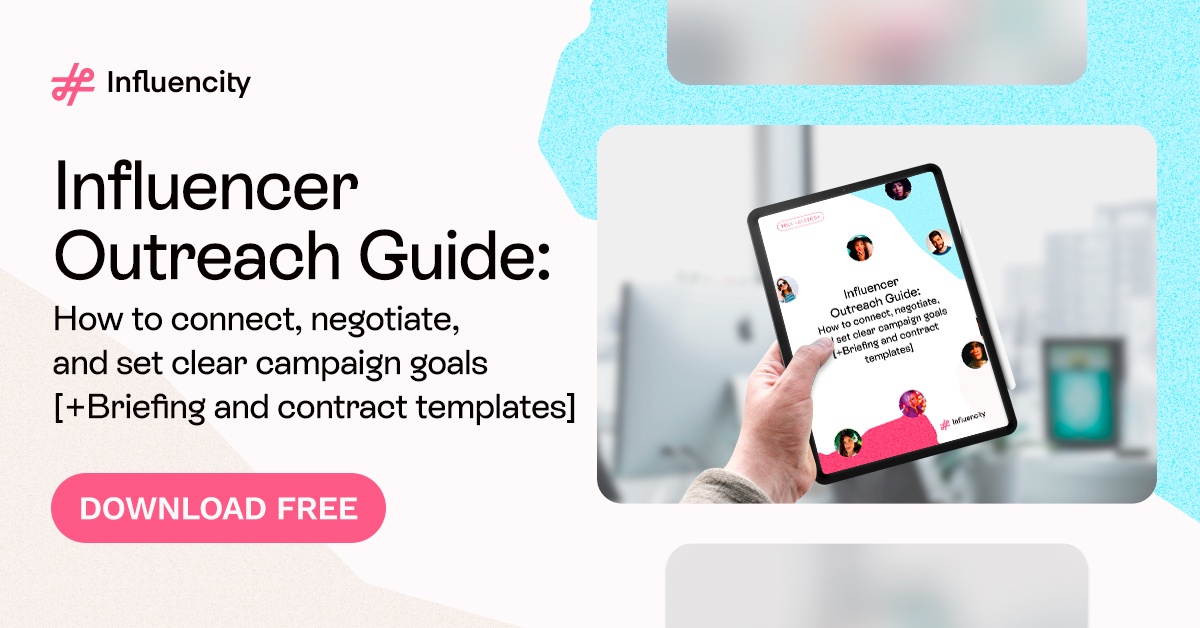





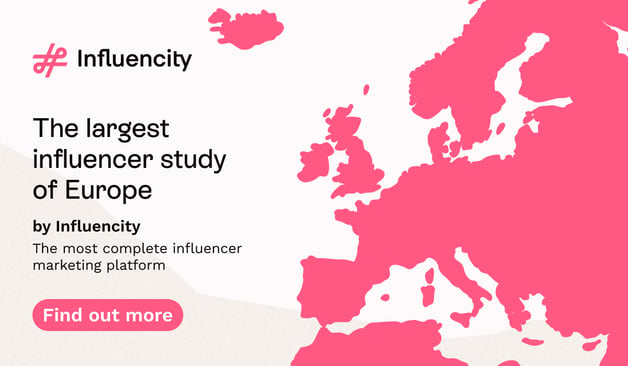









%20and%20How%20Can%20They%20Benefit%20Your%20Brand%20article.jpg?length=628&name=What%20Are%20Key%20Opinion%20Leaders%20(KOL)%20and%20How%20Can%20They%20Benefit%20Your%20Brand%20article.jpg)
